In today's technology-driven era, rechargeable batteries are more than just components; they are the lifelines of countless devices that keep the modern world running smoothly. From personal gadgets to industrial equipment, the efficiency of these power sources directly impacts daily operations and long-term sustainability. Lithium-based options have risen to prominence among various battery technologies due to their superior performance and adaptability. This segment will explore the growing importance of rechargeable batteries, with a particular emphasis on lithium technologies, which are pivotal in the evolution of energy solutions across multiple sectors.
Delving into the Fundamentals of Battery Technology
The Essentials of Rechargeable Batteries
Rechargeable batteries represent a pivotal power storage innovation, distinguishing themselves from their single-use counterparts. Unlike traditional batteries that serve only until their charge is depleted, rechargeable batteries are designed to be restored to total capacity repeatedly through a charging process. This attribute provides a pragmatic and economically favorable alternative and champions environmental stewardship by substantially diminishing the volume of waste associated with battery disposal and curtailing the frequency of replacement demands. In this section, we delve into the fundamental principles underlying the operation of rechargeable batteries. We will explore their construction, the chemical and physical processes involved in their charging and discharging cycles, and their role in promoting cost-effectiveness and environmental sustainability. The discussion aims to thoroughly understand how rechargeable batteries function, their inherent benefits, and their positive impact on both economic and environmental fronts.
Exploring the Spectrum of Rechargeable Battery Types
In this segment, we will broaden the discourse to encompass a diverse spectrum of rechargeable battery technologies, each characterized by unique chemical compositions and performance attributes that tailor them to specific uses. Among the variety, we find lithium-ion, lithium-ion polymer, nickel-metal hydride, and lead-acid batteries—each holding a niche in various technological applications due to their distinct advantages and limitations. A special focus will be placed on lithium iron phosphate (LiFePO4) batteries. These batteries are celebrated for their robust safety features, exceptional longevity, and consistent performance, even under rigorous or extreme conditions. Such attributes render them particularly advantageous for consumer electronics that demand reliable power sources and larger-scale energy systems where durability and safety are paramount. This discussion aims to elucidate the various types of rechargeable batteries, their specific properties, and the applications they are best suited for, thereby providing a comprehensive overview of the battery technology landscape.
The Ascendancy of Lithium Battery Technology
An Overview of Lithium Ion Battery Technology
Lithium-ion batteries are widely celebrated for their remarkable energy density and the ability to maintain high cell voltages. These properties result in longer operating times per charge and a decreased need for frequent recharging, which is particularly beneficial for today’s mobile and fast-paced lifestyle. This section explores how lithium-ion technology caters to the requirements of high-performance applications across various sectors, demonstrating its versatility and critical role in the advancement of modern technology.
- High energy density: Enables longer usage times without requiring frequent charges.
- Sustained high cell voltages: Allows devices to operate more efficiently over a more extended period.
Industries benefiting from lithium-ion batteries include:
- Mobile Computing: Laptops and smartphones rely on lithium-ion batteries for extended battery life and reduced charging intervals.
- Telecommunications: Base stations and other telecommunications equipment utilize these batteries for reliable and uninterrupted service.
- Electric Transportation: From electric vehicles to drones, lithium-ion batteries provide the necessary power for longer ranges and quicker recharges.
The Distinct Advantages of Lithium Ion Cells
Lithium-ion cells provide superior features to traditional battery technologies like lead acid and nickel metal hydride. These advantages are not just limited to enhanced lifespan and efficiency but also include a significant weight reduction, which plays a pivotal role in applications where portability is essential. This subsection will discuss these benefits in detail, underscoring why lithium-ion technology is often the top choice for systems requiring robust power outputs without the added bulk.
- Longer lifespan: Reduces the frequency of battery replacements.
- Greater efficiency: Ensures optimal usage of power with minimal waste.
- Reduced weight: Critical for the portability of modern electronic devices.
Benefits Include:
- Portability: Lightweight batteries are essential for portable devices like mobile phones, laptops, and medical equipment.
- Efficiency: Higher efficiency means less energy is wasted, which is crucial for reducing operational costs and enhancing device performance.
- Environmental Impact: Lithium-ion cells are more environmentally friendly than lead-acid and nickel metal hydride batteries, as they do not contain heavy metals that are harmful to the environment.

Detailed Examination of Lithium Battery Characteristics
Chemical and Physical Properties of Lithium Batteries
This chapter extensively examines the complex chemical compositions and physical characteristics of lithium-ion polymer and lithium-iron-phosphate batteries. The discussion highlights how these specific battery types contribute significantly to both performance and safety in electronic devices. A deeper exploration into the materials used in these batteries, their structural integrity, and their behavior under various operational and environmental conditions will be offered. This analysis aims to inform better practices in battery usage, enhance safety protocols, and steer the direction of future technological developments in battery technology.

Insights into Charging and Discharging Dynamics
This section is dedicated to thoroughly understanding the essential procedures for charging and discharging lithium batteries to maximize their efficacy and extend their lifespan. Detailed explanations will be provided on why it is crucial to maintain optimal discharge rates and avoid letting the batteries drain entirely. Additionally, the section will cover the importance of keeping batteries at full charge when possible and discuss the underlying mechanisms that govern battery degradation and performance over time. Insights into the electrochemical processes occurring during charge and discharge cycles and how these can be optimized for better battery health are also included. This knowledge is critical for consumers and manufacturers aiming to achieve the highest battery performance and reliability standards.
The Broad Spectrum of Lithium Battery Applications
Everyday Uses of Rechargeable Lithium Batteries
Rechargeable lithium batteries have become a fundamental component in our daily technology-driven lives. These batteries are at the core of many devices that facilitate everyday activities. Here are some key points on how these batteries have embedded themselves into various consumer products:
- Mobile Phones and Tablets: Lithium batteries power most smartphones and tablets, providing reliable energy for communication, entertainment, and business tasks.
- Laptops and Portable Computers: These batteries are critical for laptop mobility, allowing for long hours of use without needing a power source.
- Wearable Technology: From fitness trackers to smartwatches, lithium batteries enable these devices to function continuously without frequent recharges.
- Electric Vehicles: As a cleaner alternative to fossil fuels, lithium batteries are crucial in powering electric cars, contributing significantly to reducing carbon emissions.
Lithium batteries' versatility and high energy density make them indispensable in our increasingly mobile world. Their ability to hold a substantial charge and efficiently power various devices is critical to expanding portable electronic technology.
Lithium Batteries in Large-Scale Energy Storage
Beyond powering personal electronic devices, lithium batteries play a pivotal role in the energy sector, particularly in storing and managing renewable energy. Here’s a deeper look at their role in large-scale energy systems:
- Storing Renewable Energy: These batteries store energy from renewable sources such as solar and wind. This is crucial for maintaining supply during low production (e.g., nights or non-windy days).
- Grid Stabilization: Lithium batteries can quickly release stored energy to balance supply and demand fluctuations in the power grid.
- Backup Power: They provide reliable backup power during outages, ensuring continuous energy supply.
Safeguarding and Sustaining Lithium Battery Technology
Despite their numerous benefits, lithium batteries pose unique safety challenges due to their high energy density and potential for thermal runaway. This section will address these concerns, offering insight into preventative measures and safety protocols that are critical for mitigating risks associated with lithium battery use.
Proper maintenance is crucial for prolonging the life and performance of lithium battery packs. This concluding subchapter will provide comprehensive guidelines on regular maintenance routines and ideal storage conditions that help preserve battery integrity and functionality over time.
This discussion highlights the remarkable benefits of lithium rechargeable batteries, showcasing their superior efficiency and sustainability compared to other battery types. These batteries stand out for their higher energy density, longer life spans, and reduced environmental impact, making them a pivotal component in shifting towards greener energy solutions. Lithium battery technology's future is bright, with continuous research and technological advancements poised to amplify these advantages further. As we look ahead, we can anticipate even more innovative applications and improvements that will solidify lithium batteries' role in powering our modern world. With each breakthrough, these batteries become more integral to meeting the global demand for efficient and sustainable energy storage.
Embracing lithium batteries is more than a practical choice—it's a step towards a more efficient and environmentally friendly future. Whether for personal use or large-scale applications, these batteries offer advanced solutions that are hard to overlook. Consider making the switch to lithium technology to benefit from its considerable advantages in your daily life and professional endeavors.


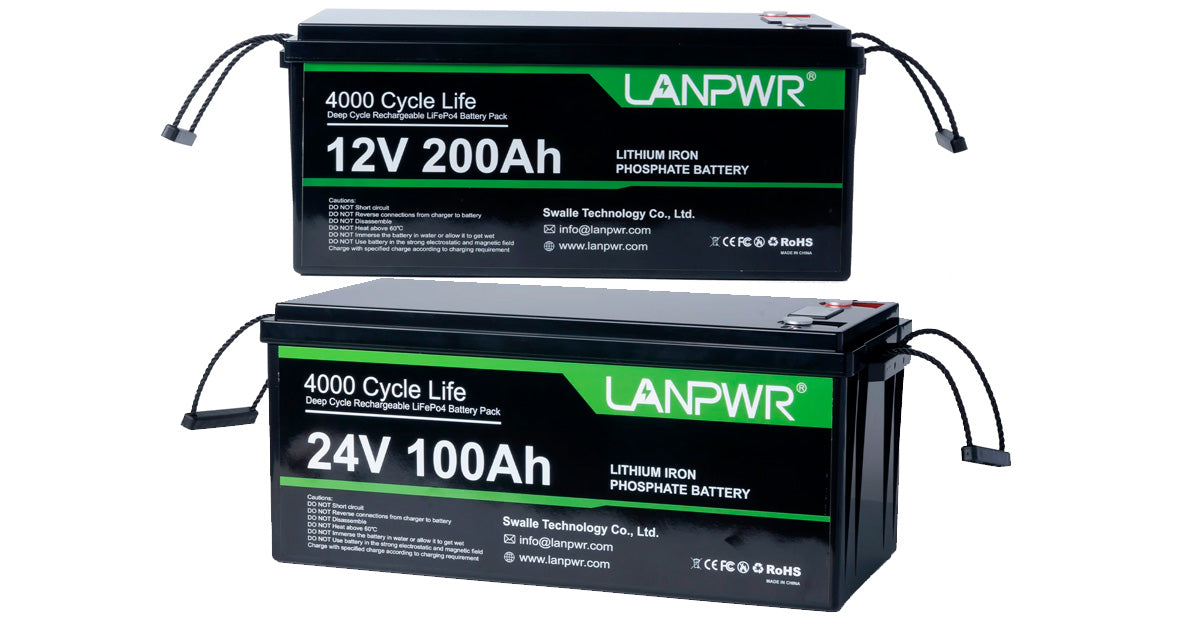



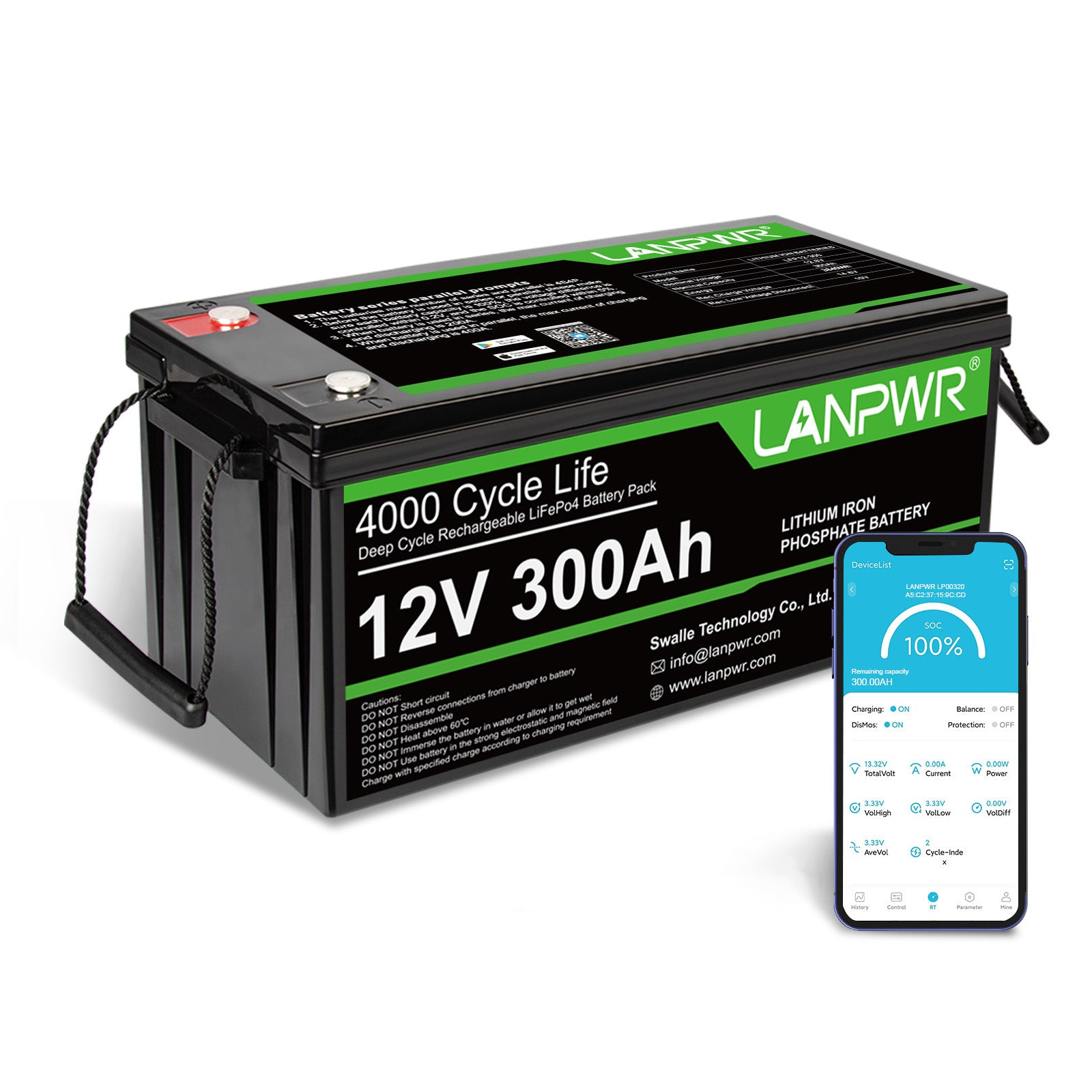
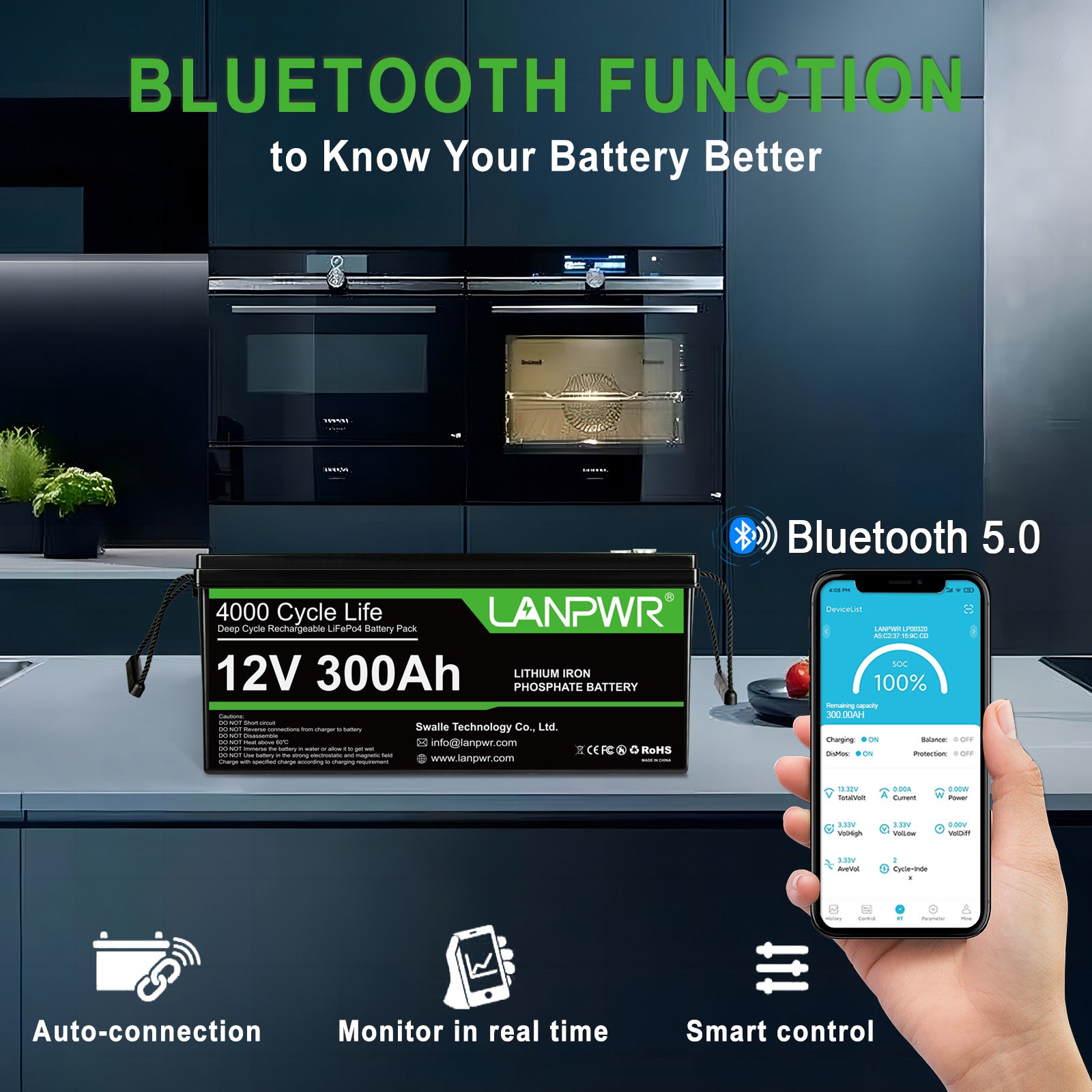
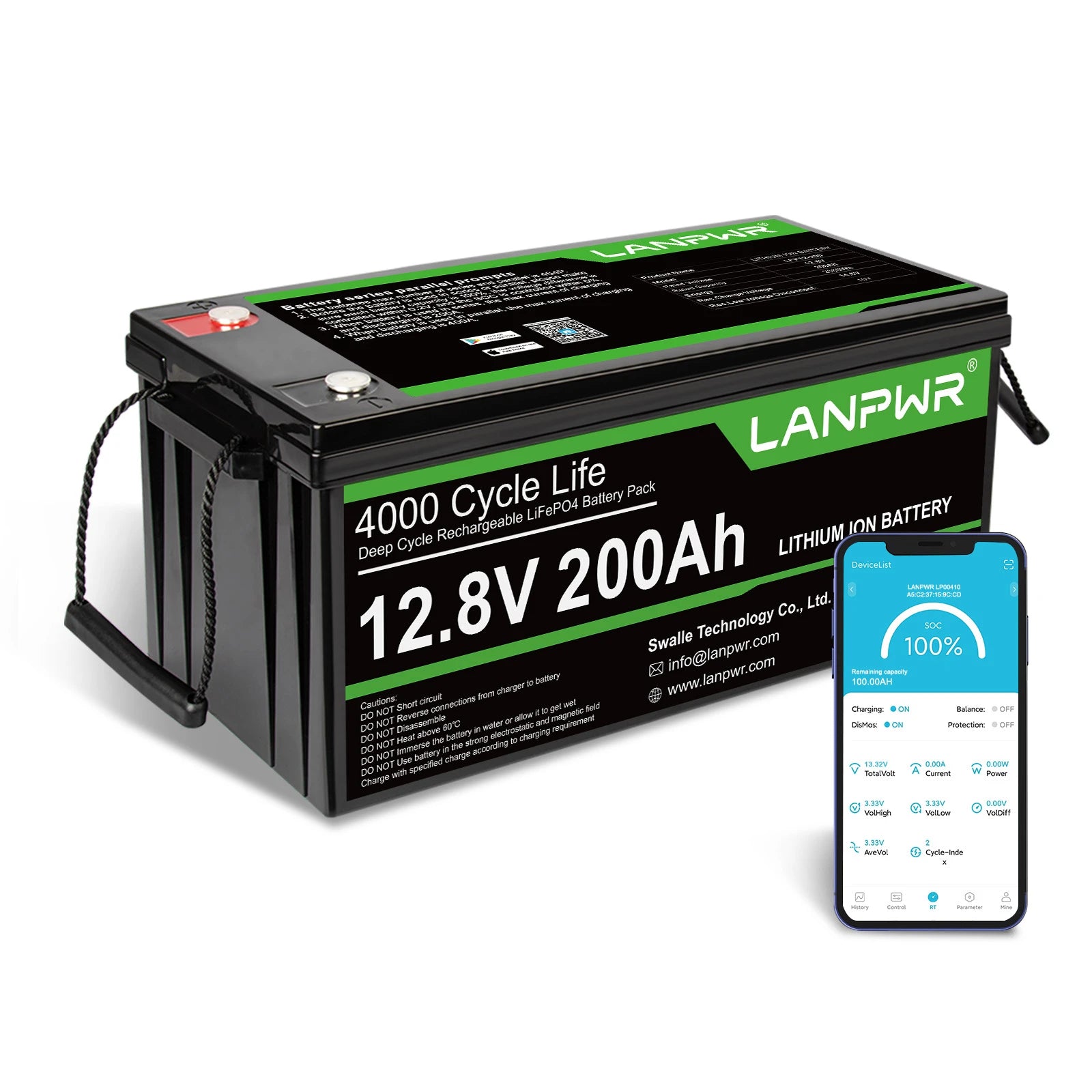
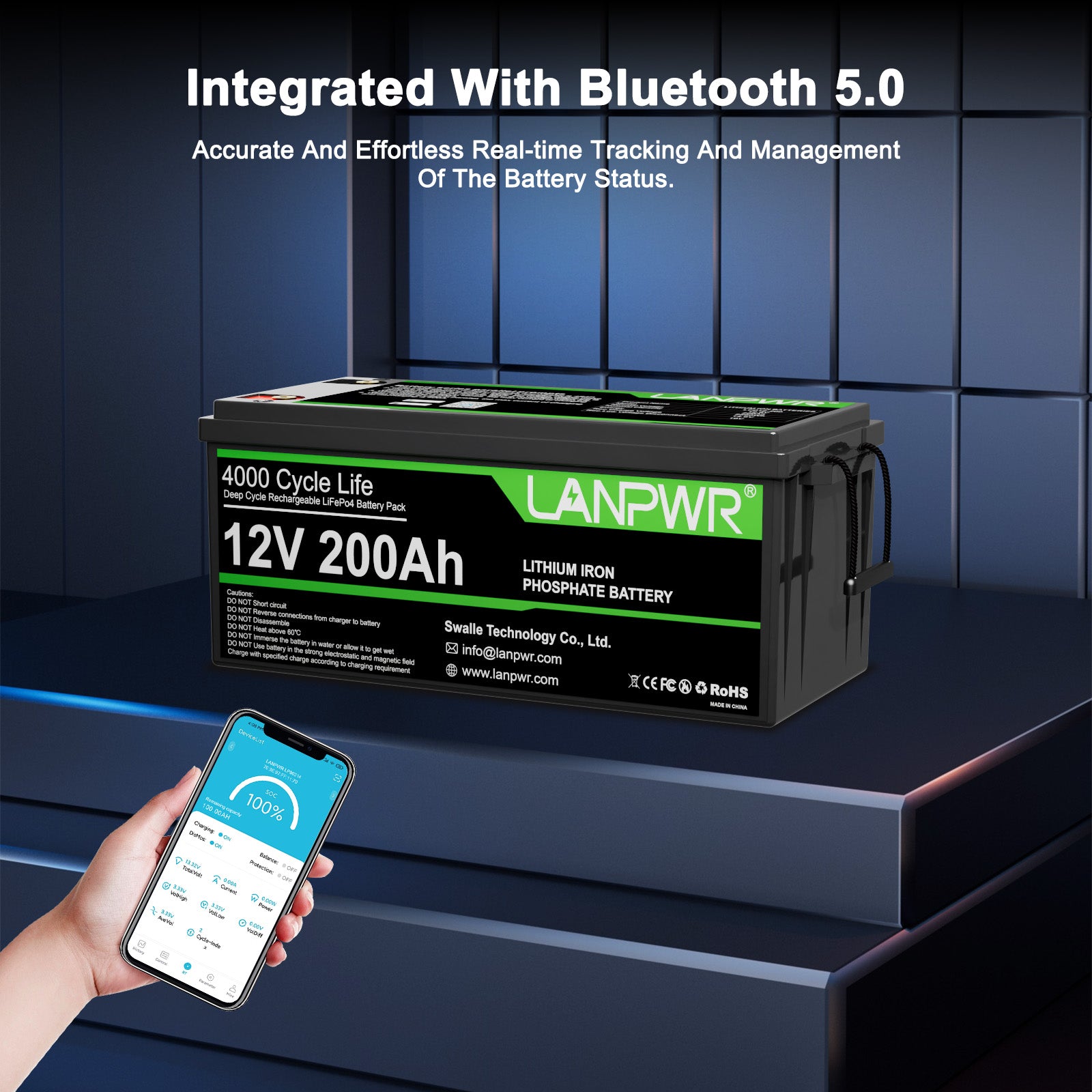
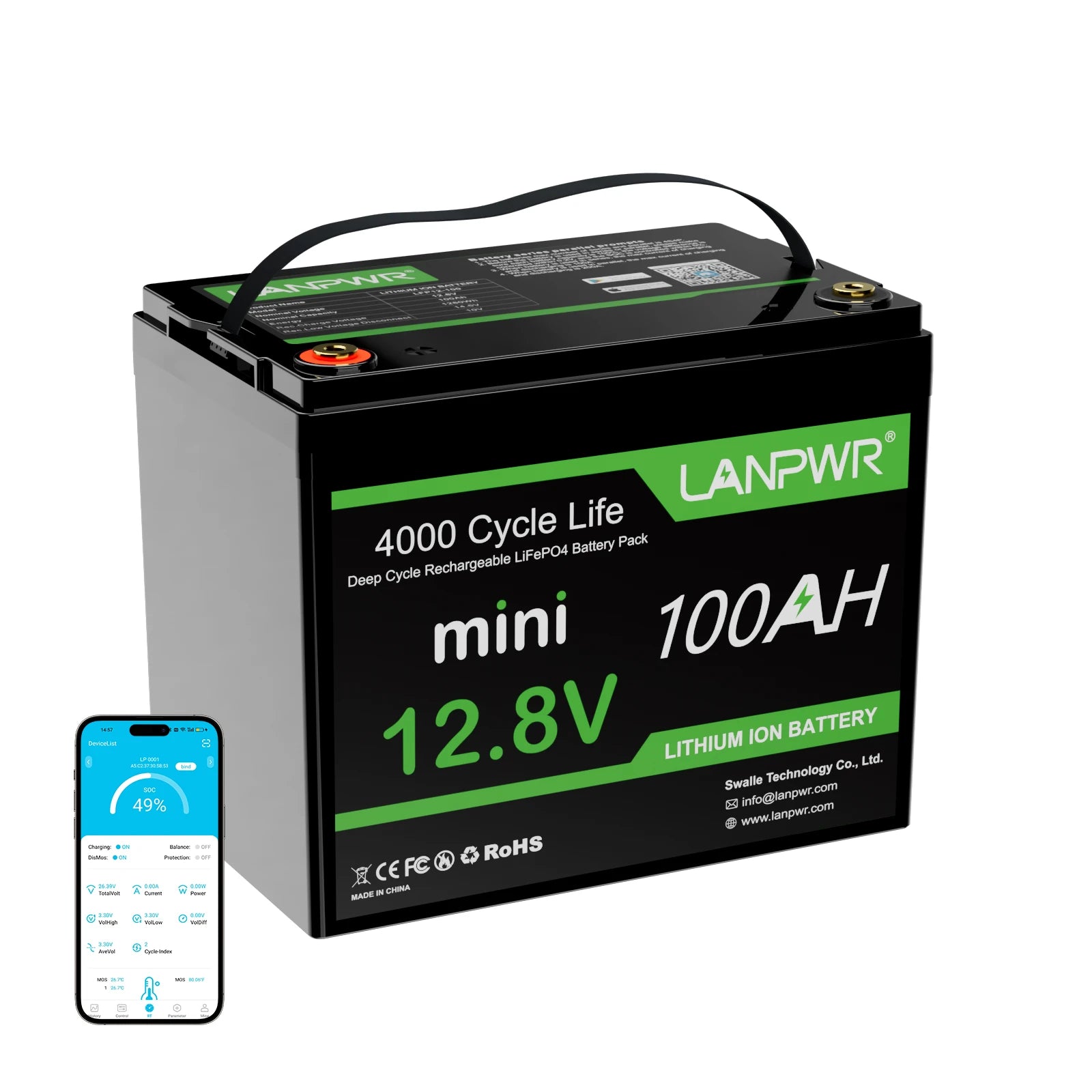

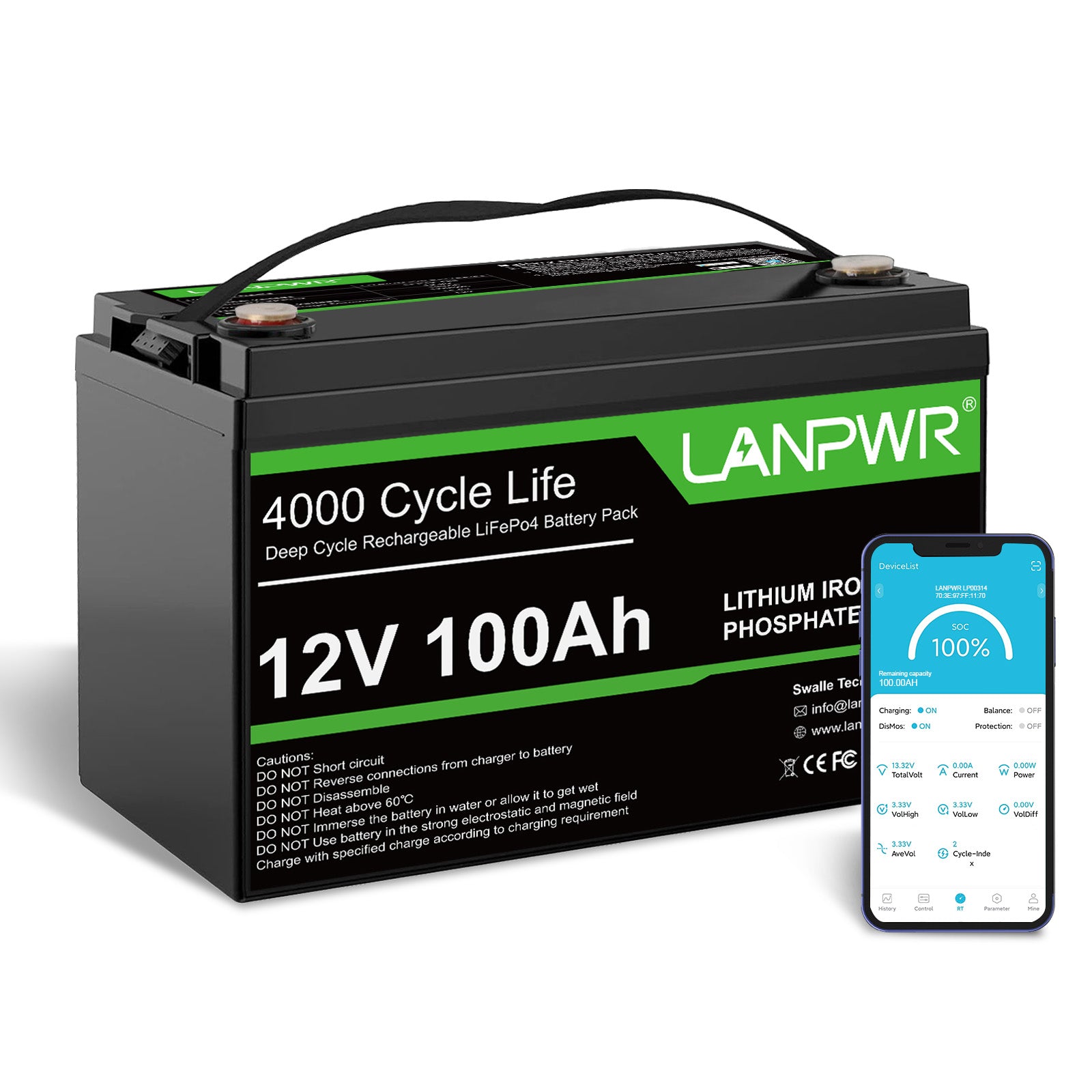

Leave a comment
This site is protected by hCaptcha and the hCaptcha Privacy Policy and Terms of Service apply.